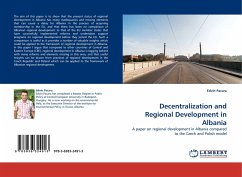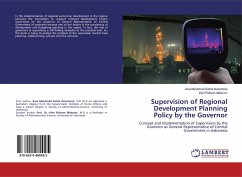The continent of Africa through the OAU (now AU) and UNECA have introduced various development initiatives to overcome the problem of underdevelopment in African countries. Primarily, they sought to promote self-reliant and self-sustaining development strategies, and also to promote cooperation and integration in the continent. The LPA and NEPAD are two outstanding development initiatives introduced by these institutions. The study, which relied on the political economy approach, attempted a comparative evaluation of the LPA and NEPAD in terms of content, implementation arrangements, and funding. It tried to identify the lessons that NEPAD can learn from its predecessor, the LPA. It notes that while the rationale for the introduction of the LPA was the realities in the 1970s and the early 1980s, the NEPAD on the other hand, is necessitated by the Challenges of the 1990s and beyond. The study recommended that greater attention be paid to funding of Africa s development initiatives, political commitment of African leaders, review of time table to reflect realities in African countries and the democratization of the development process to include participation of all stake holders.








